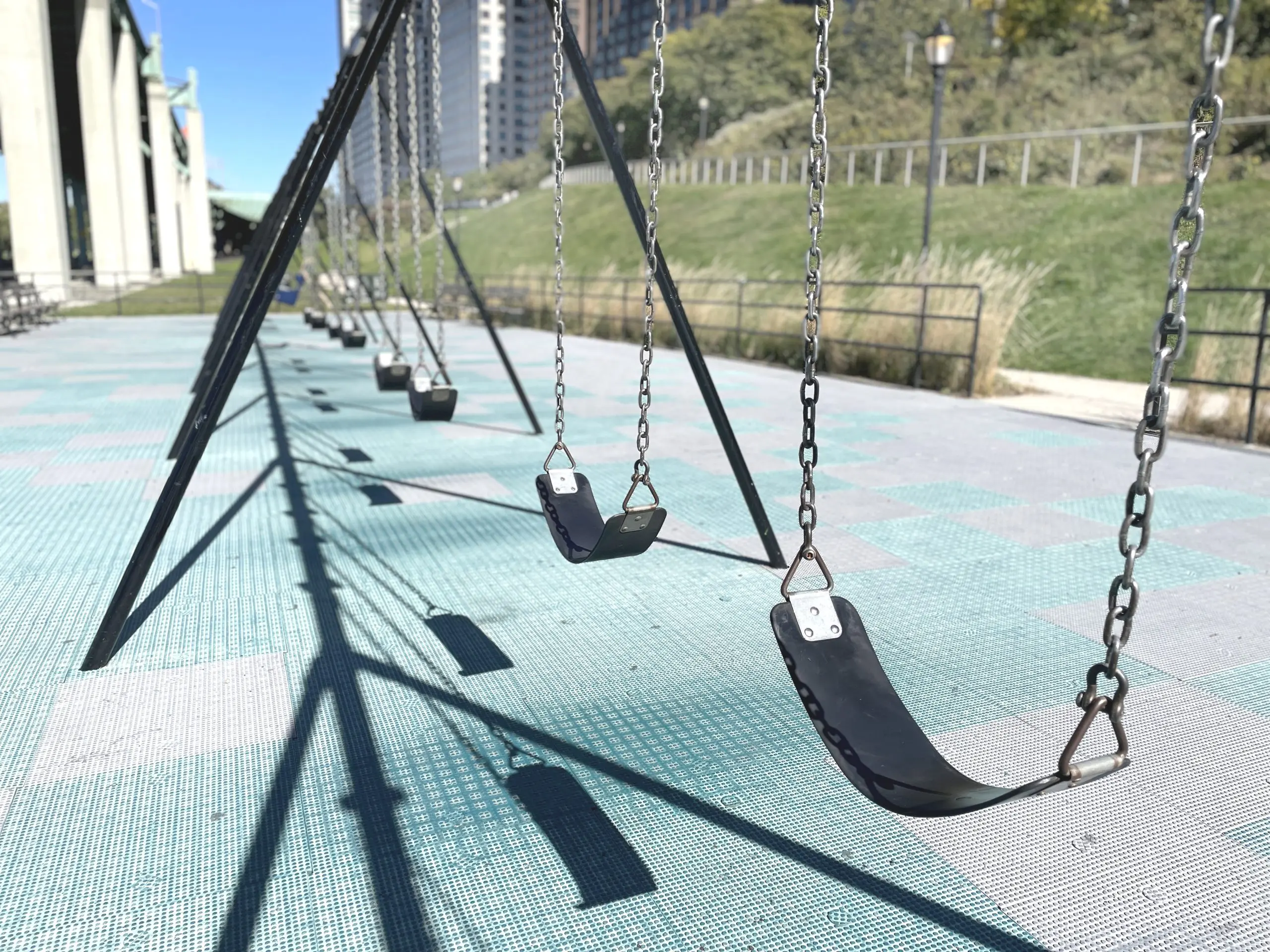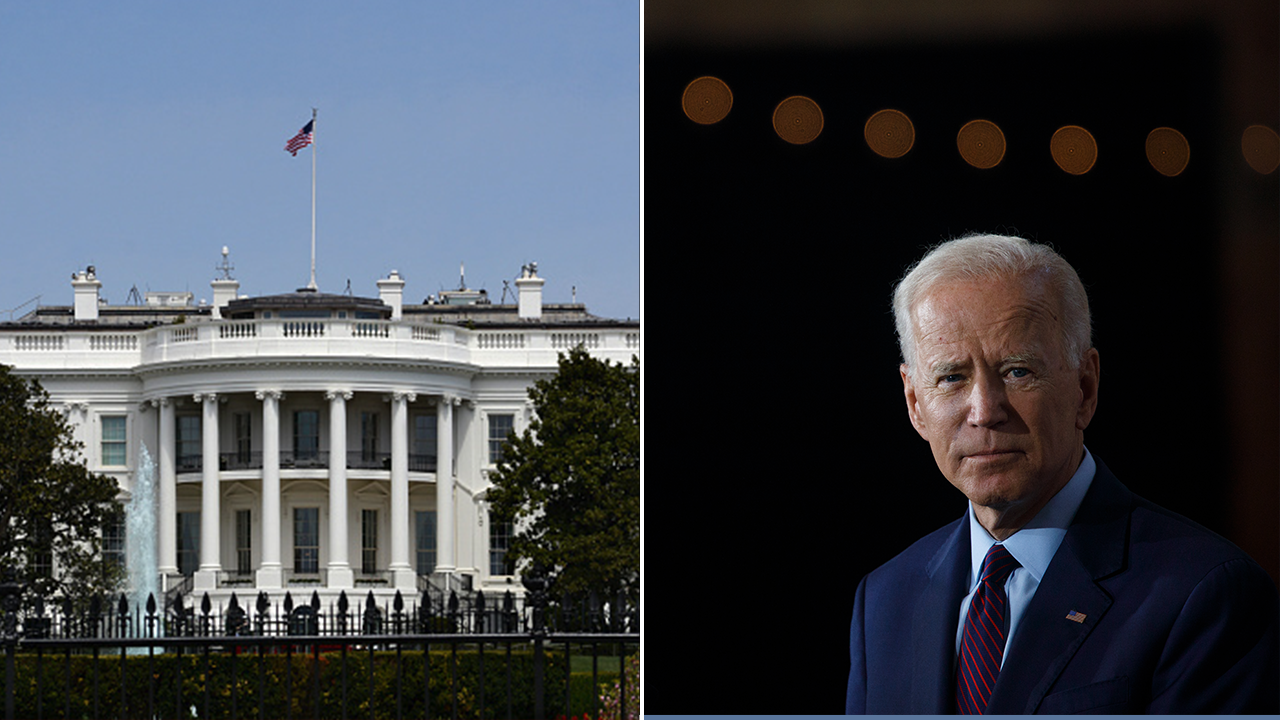Three days after Kamala Harris was sworn into the Senate in early January 2017, the U.S. intelligence community released a stunning declassified report that concluded that Russian President Vladimir Putin had ordered an influence campaign meant to sway the previous year’s presidential election in favor of Donald Trump and undermine faith in U.S. democracy.
Three days after Kamala Harris was sworn into the Senate in early January 2017, the U.S. intelligence community released a stunning declassified report that concluded that Russian President Vladimir Putin had ordered an influence campaign meant to sway the previous year’s presidential election in favor of Donald Trump and undermine faith in U.S. democracy.
The revelations spurred three high-profile investigations into Russian election interference by lawmakers and special counsel Robert Mueller and would come to dominate headlines for much of the Trump presidency.
As a member of the Senate Select Committee on Intelligence, which conducted a wide-ranging three-year investigation of Moscow’s interference efforts, Harris had a front-row seat to reams of highly classified material about Russian intelligence operations targeting the United States. The experience left a long-standing impression on the vice president, according to current and former aides who characterize it as a highly formative experience that left her with few illusions about Moscow’s intentions.
“I see those first few weeks as pivotal, because those were both her and Donald Trump’s first few weeks in Washington,” said Halie Soifer, who served as national security advisor to Harris in the Senate.
A Republican source familiar with Harris’s time on the committee said that during the Russia investigation, members were exposed to “borderline raw intelligence” on Moscow’s interference efforts, which they described as an eye-opening experience, even for long-standing members of the committee. “I think it was sobering for everyone,” said the source, who requested anonymity to share their insights.
The Senate’s final report, which spanned over 1,000 pages across five volumes, is generally regarded to be the most detailed look at aggressive Russian intelligence efforts to make inroads with the Trump campaign and to sway the election in favor of the former president.
The report did not reach a conclusion as to whether the Trump team had actively sought to collude with Moscow for its own advantage.
As part of its investigation, the committee reviewed over 1 million pages of documents and interviewed more than 200 witnesses.
While much of the day-to-day work of the probe was carried out by committee staffers, senators from both sides of the aisle have described Harris as a quick study whose advice on questioning witnesses was sought by seasoned committee staff, according to a 2019 BuzzFeed article.
In public hearings on both the Intelligence and Judiciary committees, on which she also sat, Harris developed a reputation for her prosecutorial style as she interrogated senior members of the Trump administration.
“Members get out of it what they put into it, and she put a lot of time and energy and effort into it,” said the Republican source.
Former aides to the vice president have spoken of how her background as a lawyer also informs her view on foreign policy, placing particular emphasis on the importance of international laws and norms. In a 2019 interview with the Council on Foreign Relations, Harris described the U.S. role in building a “community of international institutions, laws, and democratic nations” as America’s biggest foreign-policy achievement since World War II.
While the House Intelligence Committee Russia investigation was beset by political infighting, the Senate investigation remained bipartisan and largely free of public drama—something Harris has spoken fondly of.
“Every week, members of the Senate Intelligence Committee would walk into that wood-paneled room—no cameras, no public, no devices,” said Harris during a memorial service last year for the late California Sen. Dianne Feinstein, who had been a long-standing member of the committee.
“Senators of both parties who would take off their jackets and literally roll up their sleeves, putting aside partisanship to discuss what was in the best interests of our national security,” she said.
Harris served on the Intelligence Committee, which, alongside the House panel, provides oversight of the sprawling U.S. intelligence community, throughout her four years in the Senate.
In 2018, Harris backed an amendment that would compel law enforcement to obtain a warrant before accessing the communications of American citizens inadvertently gathered under a controversial program that enabled intelligence agencies to conduct wide-ranging foreign electronic surveillance.
She also used the perch to stress the need for greater investments in election security in light of Russia’s attempt to sway the vote, co-sponsoring bipartisan legislation on election cybersecurity.
The post What Harris Learned Investigating Russian Interference appeared first on Foreign Policy.



















